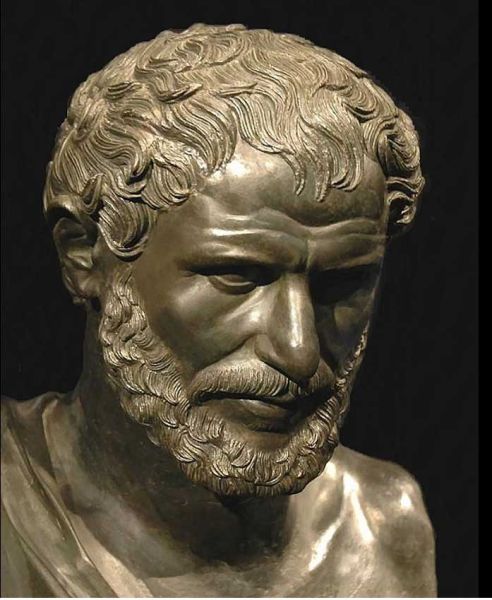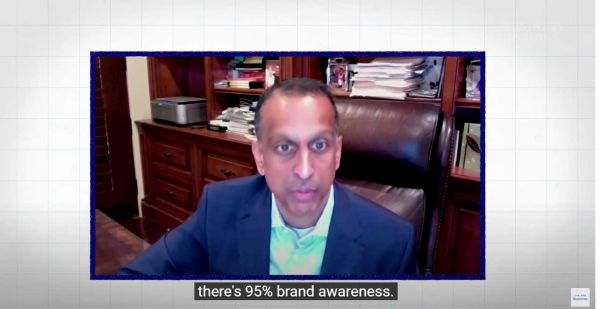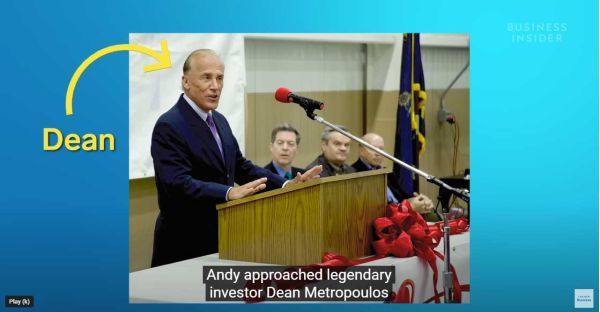A New Life for Hostess Twinkies
The Greek philosopher Heraclitus went on record in 535 B.C. with the truism "Change is the only constant." Any educated person in this country has heard this a hundred times. No one pays it much attention to it—neither our partisan and petty-minded politicians, stodgy public-education officials, nor most of the population—with the result that the nation does not keep pace with changes in the world. If we want to criticize the "Establishment" for being out of touch, we really ought to start with the government.
Only one group in our nation can keep up with the changes—the commercial sector. They have to, really. Their professional careers depend on it. The great steel-baron Andrew Carnegie understood this. His workers wanted more pay; his stockholders wanted more dividend-income, but Carnegie did nothing but plow all his profits into research and development. He wanted what any intelligent business-person wants—the best stuff he can get, in order to produce results.
Public institutions have a monopoly, so they do not need to respond to change, and may even resist change, so they achieve less and less in the way of results. Their political patrons intervene, from time to time, to shore up their inefficiencies—mostly just to keep them going, not improve them. Public institutions muddle on, no matter what else happens in the world.
Business entities take on greater risk, with more exposure to all that happens—changes in financial markets, geo-political instability, and technological advances that can make their services obsolete. They can do everything right and still lose out, because of factors outside their control. Brick-and-mortar assets age, customer bases change, as well as the logistical options.
To assist in understanding those risks, I clicked on to various videos on YouTube and saw that the instability caused by competition, evolving technologies, and other factors has taken a toll on American businesses. Many iconic firms have closed just in recent years. I am 70 years old and grew up with most of them.
If I had to guess, I would say that these "15 iconic stores" reacted slowly to the necessity to go on-line to sell stuff. Once their web-site belatedly appeared, the shoppers had already found they could get nearly anything they wanted off Amazon or eBay—really obscure stuff. I just looked up a 1956 Ford Thunderbird and found at least 20 sites that would sell me one. Some vendors sell nothing but old magazines. Others sell stamps, dolls, or celebrity autographs. When the buyer needs to unload his purchases, he just puts them back on-line. Really incredible.
Hostess Twinkies offers another case in point. When Hostess filed for bankruptcy and threatened to remove Twinkies from store shelves, disappointed customers ransacked stores trying to buy up the last Twinkie. One man bought a whole box of Twinkies off eBay for $1000. The closure made the national news. People asked how could anyone do that to Twinkies?
Two venture-capitalists Andy Jhawar and Dean Metropoulos wondered why this had to happen, if customers wanted the product so much. They saw an opportunity and decided to buy the company. When they turned up at the auction to bid for the assets, they found that theirs was the only bid. They crunched the numbers, invested the capital to make the necessary changes, and put Twinkies back in stores. It was a whopping success, a 27% return on their investment!
Our society needs these private-capital entrepreneurs because they invest in our future by thinking outside the box, which the government departments—handicapped by competing committees and competing interest groups—cannot do.




